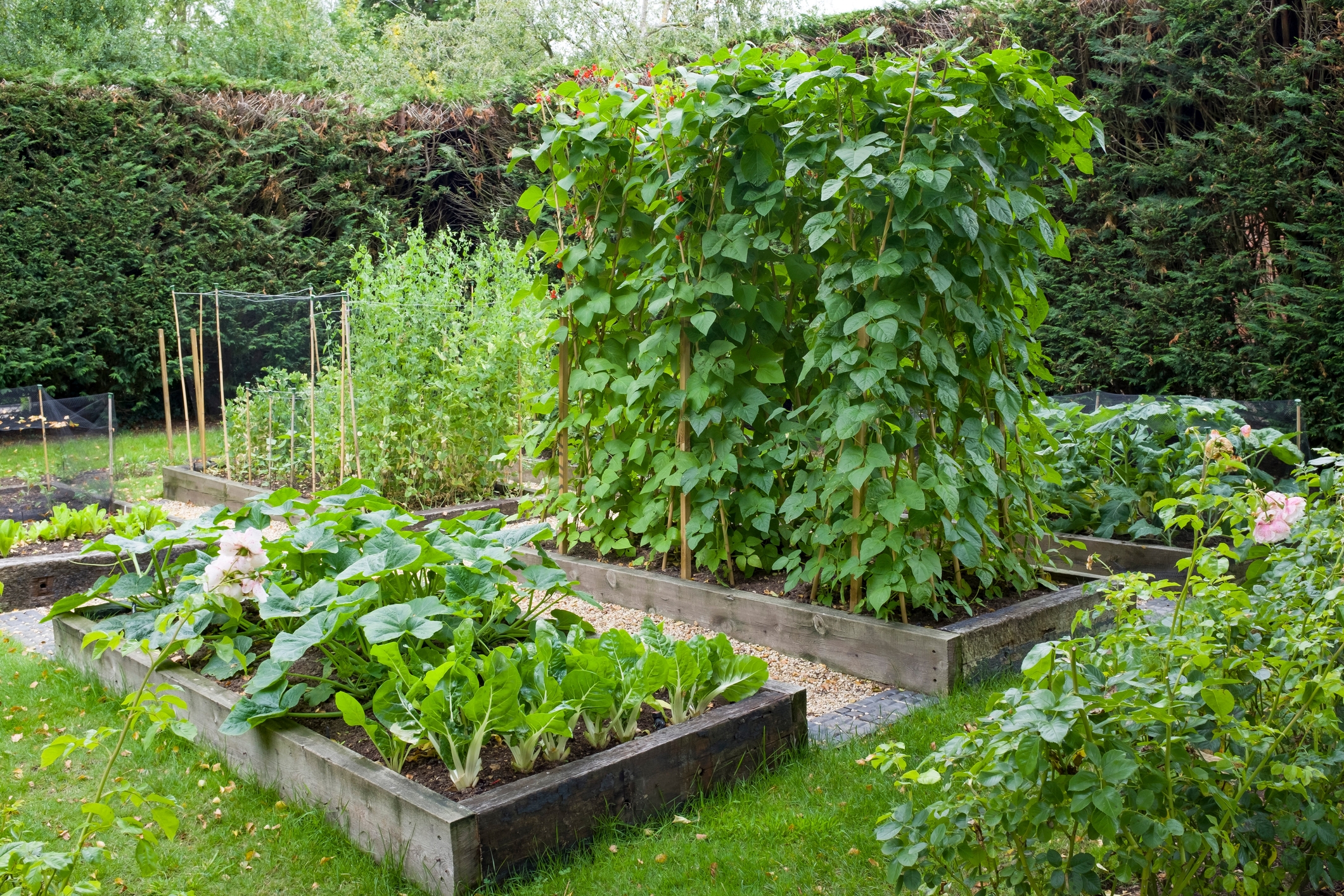As spring transitions into summer, May presents an exciting and busy time for gardeners in New Jersey. With longer days and warmer temperatures, it’s the perfect opportunity to nurture and care for your vegetable garden.
Whether you’re a seasoned gardener or just starting out hereare some valuable tips and insights on taking care of your vegetable garden.
Prepare the Soil: Before planting, it’s crucial to prepare the soil to ensure optimal growing conditions for your vegetables. Remove any weeds, rocks, or debris from the garden bed. Loosen the soil and incorporate organic matter such as compost or well-rotted manure to enhance fertility and drainage. Testing the soil pH and adjusting it if necessary will also benefit your plants.
Plant Cool-Season Vegetables: May is an excellent time to plant cool-season vegetables in New Jersey. These crops thrive in the moderate temperatures of spring and can withstand light frosts. Consider planting vegetables like lettuce, spinach, kale, broccoli, cauliflower, peas, and carrots. Be sure to follow spacing and planting depth recommendations for each specific vegetable.
Provide Adequate Watering: Proper watering is essential for the healthy development of your plants. In May, as the weather becomes warmer, plants may require more frequent watering. Water deeply, ensuring the soil is moist but not waterlogged. Early morning or late afternoon is the best time to water, allowing the leaves to dry before evening and minimizing the risk of diseases.
Weed and Mulch: Weeds compete with your vegetables for nutrients and water, so regular weeding is crucial. Take some time each week to remove any emerging weeds, being careful not to disturb the plant roots. Applying a layer of organic mulch around your plants will help suppress weeds, conserve moisture, and maintain more consistent soil temperatures.
Monitor Pests and Diseases: May brings about an increase in pest and disease activity. Regularly inspect your plants for signs of pests such as aphids, caterpillars, or snails. Use natural pest control methods like handpicking, insecticidal soaps, or companion planting to manage infestations. Keep an eye out for common diseases like powdery mildew or blight, and take appropriate measures such as providing good airflow and avoiding overhead watering.
Support Vertical Growing: Certain vegetables, such as tomatoes, cucumbers, and beans, benefit from vertical support. Install trellises, stakes, or cages to guide their growth and prevent sprawling. This method not only saves space but also promotes better air circulation and easier harvesting.
Harvest Regularly: As your vegetables mature, harvest them regularly to encourage continuous production. Promptly remove any overripe or damaged produce to prevent the spread of diseases. Enjoy the bountiful flavors of freshly harvested vegetables in your meals, knowing that your hard work has paid off.
If you follow these simple tips, not only will your season be enjoyable, but your rewards will be bushels of fresh veggies all summer long.
